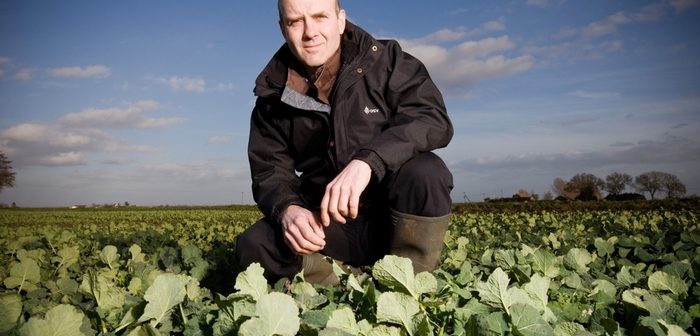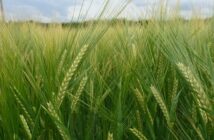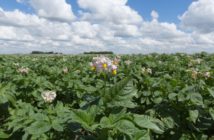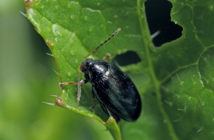Hybrid oilseed rape will dominate the UK market in the next five years with the rapid development of ‘drill and forget’ varieties focused on the UK’s need for more agronomically self-contained varieties, predicts Mike Mann of DSV UK.
“A lot has changed in recent years as far as oilseed rape production is concerned with the UK market characterised by a rapidly dwindling agrochemical arsenal and highly variable growing conditions,” he says.
“The pressure is on for breeders to ‘fast-track’ varieties where in-built genetics effectively replace the role of the sprayer in the crop’s management and enable the plant to cope with a wide variety of external challenges.”
Around mainland Europe, up to 90% of all oilseed rape grown is hybrid and in countries with extreme winters and highly challenging growing conditions, hybrids are the only type of oilseed rape that will survive and thrive, he points out,
“Over the years, such countries have been the testing ground for DSV varieties and it has proved to be a wise decision.
“The truth is in a good year, a modern conventional variety will produce a similar yield to a hybrid, but in a testing year they will fall well short and such ‘good’ years seem to be increasingly far apart.”
The attributes that made hybrids successful in the first place – resilience, vigour and reliability – are now more important than ever but speed of development is critical too, Mike Mann believes.
“Where it can take many years of trial and error breeding to introduce beneficial characteristics into conventional varieties, with hybrids it can take a fraction of the time.
“The beauty of the hybrid approach is that such stacked layers can be quickly developed and assimilated in new varieties – a process that would take years to accomplish with conventional varieties.”
You only have to look at DSV’s latest ‘layered’ varieties to see how relevant disease resistance and agronomic properties are already being stacked to provide a new generation of oilseed rape varieties that are as close to ‘drill and forget’ varieties as possible at the present time, he adds.
DSV Temptation is a double-layer variety with multi-gene resistance to phoma and light leaf spot plus genuine genetic resistance to Turnip Yellow Virus (TuYV).
“Newly added to the AHDB recommended list last December, DSV Temptation has outstanding yield and oil content yet offers the highest levels of agronomic performance possible too.
“DSV Darling and Dazzler, now moving through the UK testing system, are true triple-layer varieties with pod shatter resistance added to the multi-gene resistance to phoma and light leaf spot and TuYV resistance of DSV Temptation.”
Such varieties herald the dawn of a new generation of hybrid oilseed rape varieties combining dependable high yields with low inputs making them the perfect choice for integrated management approaches, Mike Mann believes.
“The bottom line is that we can react almost in real time to the needs of growers and produce varieties that address their concerns and offset much of the threat climate, disease and pest attack presents – all underpinned by the resilience and yield potential that have made DSV varieties so popular with UK growers.”




